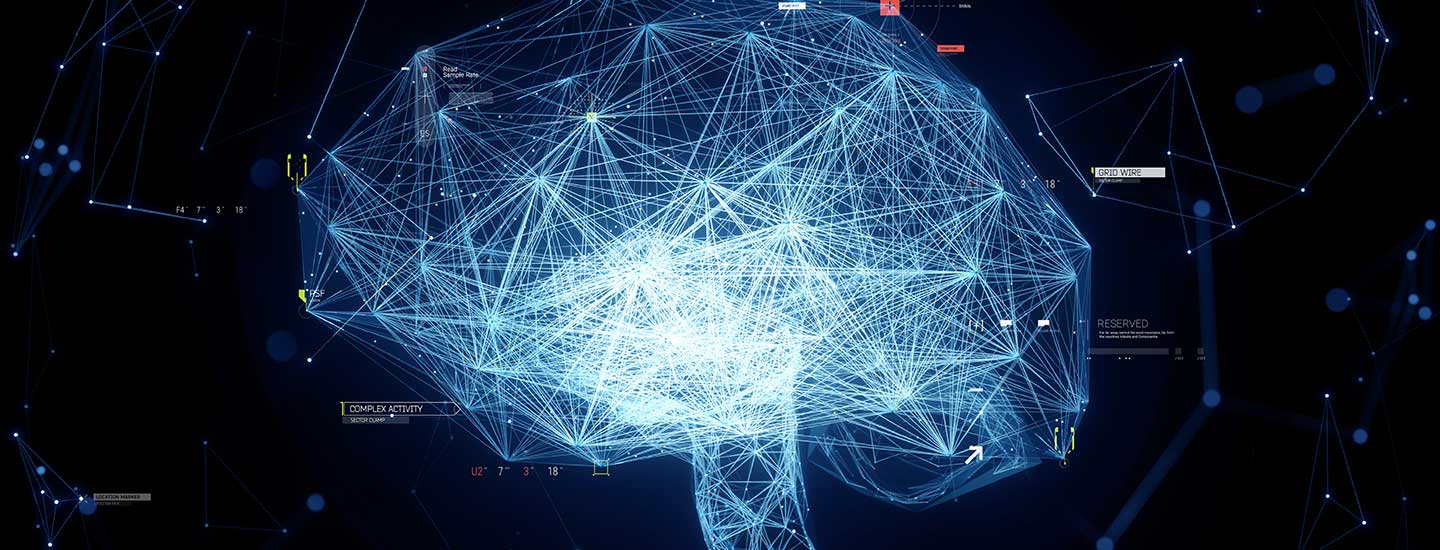Artificial intelligence (AI) is no longer an obscure science fiction concept. It is a piece of technology already transforming our lives, and we are just now entering the age of AI. Although many AI applications are still in their infancy, the benefits of these applications should not be understated.
One area AI is revolutionizing is cybersecurity. AI provides advanced tools that can detect, prevent, and respond to cyber threats with greater speed and accuracy than ever before. Below, we discuss the role AI will play in the cybersecurity industry and how it could impact your business.
What is Artificial Intelligence?
Artificial intelligence simulates human intelligence through machines, particularly computer systems. These processes include learning actions through acquiring information and the rules for using it, using reasoning to reach acceptable goals, and self-correction and optimization to improve future operations.
AI has become popular in various industries, including healthcare, education, finance, and cybersecurity. AI can automate many security processes, identify and mitigate security threats, and improve overall security posture. Overall, AI has the potential to revolutionize the cybersecurity industry, along with many other fields, careers, business operations, etc.
The Role of Artificial Intelligence in the Cybersecurity Industry
The cybersecurity industry has openly embraced the impact and importance of AI, as it has become a crucial tool for combatting online attacks. As cyber threats become ever more complex, businesses need more advanced measures to combat these issues, which is where AI has proved to be a vital asset.
Here are some of the areas business leaders are applying AI for cybersecurity purposes:
- Threat Detection and Prevention – Machine learning (ML) algorithms can analyze large amounts of data to identify patterns and anomalies that indicate a potential security threat. AI then uses this information to detect and prevent cyber threats before they cause significant damage.
- Monitoring and Response – AI continuously monitors and responds to cybersecurity incidents in real-time. If an attack occurs, AI can quickly analyze its impact, then implement countermeasures to mitigate the attack’s effect.
- Financial Fraud Detection – Machine learning algorithms can analyze patterns in financial data to identify potential fraud attempts and flag these events to prevent fraudulent transactions from occurring.
- Network Security – Businesses can use AI to detect vulnerabilities in network infrastructure. Business leaders can then use this information to implement safeguards to enhance their security posture.
- Cybersecurity Automation – AI can automate many of the manual processes involved in cybersecurity, such as threat identification, incident response, and security policy enforcement. Cybersecurity automation reduces the workload on human security teams, allowing them to focus on other critical business functions.
The Future of Artificial Intelligence in Cybersecurity
AI is a tool that is here to stay and will only become increasingly prevalent in the professional setting in the coming years. The good news is AI can help us in the long run. In particular, the future of AI in cybersecurity is promising, and several trends will emerge as the technology becomes more advanced.
Here are some of the areas we expect AI to take us in the future:
- AI-Enabled Cybersecurity Tools – As cybersecurity threats continue to grow in complexity, the need for AI-enabled cybersecurity tools will become more necessary. These tools will be the only ones capable of analyzing the ever-increasing amount of data exchanged on the Internet and combatting equally advanced AI threats.
- Autonomous Cybersecurity Systems – AI will eventually become so advanced that entire cybersecurity systems will be autonomous. These systems can accurately respond to cybersecurity threats without human intervention. However, humans will still need to be present to monitor the system.
- Human-Machine Collaboration – As AI becomes effective at automating more manual tasks, the use of AI in cybersecurity will shift to more human-machine collaboration for advanced problem-solving. AI-enabled systems will work alongside human security teams to improve large-scale cybersecurity strategy, policy implementation, and future business planning.
- AI Ethics – As AI becomes more prevalent in cybersecurity, ethical considerations will become more important. The development of AI-enabled cybersecurity systems will need to consider ethical concerns, such as bias, transparency, and accountability.
What AI Could Do for Your Business
AI has a promising future, with newer applications and technologies constantly hitting the market. What was once a piece of technology many thought was decades away is already transforming many industries, and now is the perfect time to utilize its benefits. However, if you’re unsure how to deploy AI in cybersecurity effectively, you can always partner with a cybersecurity expert.
At Vector Security Networks, we have a team of experts who know how to get the most out of AI for cybersecurity purposes. We use AI-based software and hardware to scan your systems for suspicious activities, detect threats from millions of data points, and identify and address new attacks. Not only that, but we are constantly improving our systems and technologies to ensure the best possible protection for our partners.
If you want to learn more about AI and how Vector Security Networks can leverage its capabilities to ensure your business remains protected, feel free to contact us today.


